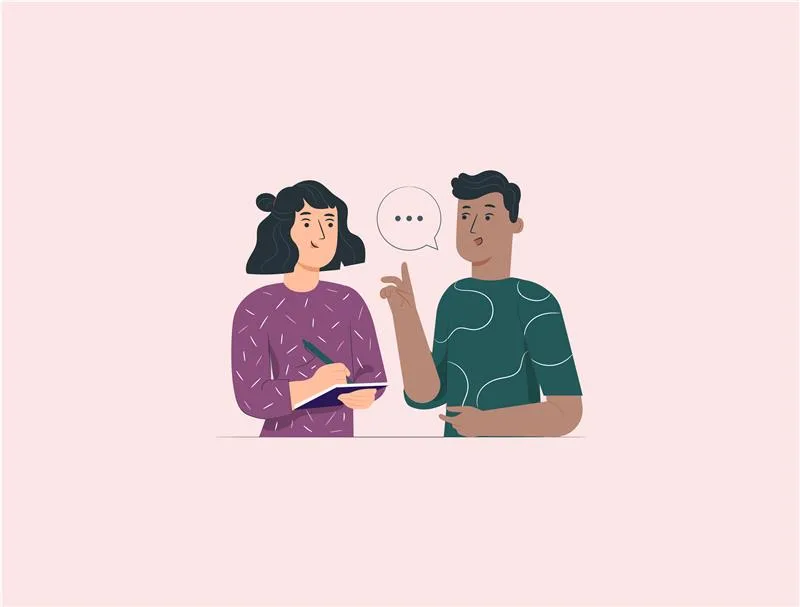As 2024 draws to a close, we are taking a moment to reflect on the journey we have shared with you—our valued clients and partners. At our core, we believe in the power of people to shape business success, and this year has been no exception. From exciting new collaborations to welcoming talented individuals into our growing community, it’s been a year of growth, connection, and opportunity.
As an HR services and consultancy company based in the Netherlands, with a footprint that’s steadily expanding across Europe, we are proud of the strides we’ve made together. This “Year in Review” is our way of celebrating those milestones with you—Let’s dive in!
Diversity and Inclusion is an Octagon pillar
As a major employer and recruiter of multi-cultural people in the Netherlands, we are proud of the diversity of our team! We have 37 different nationalities working at Octagon (yes, including Dutch!) and have representation from every continent across the globe. Well, every continent except Antarctica. We hope that next year we can employ the first Octagon penguin.
We are still a woman-centric workplace with 74% percent of our team being female. Half of our leadership team is female too! We think we are one of the few companies to have the unique challenge of hiring men to the team – so come and apply, gentlemen! Do not let all pink scare you away.
We also started making intentional efforts to support our LGBT+ and non-gender conforming employees in 2024. We attended several sessions of the ‘Queer at Work’ conference, and a few conferences specifically about mitigating bias around Europe (as well a host a workshop at Leiden University). We also launched a whistle-blowing hotline to empower these employees in helping stop discrimination and bullying in its tracks.
Our Foray into HR Technology
Our pursuit to make our clients HR and administrative work easier, faster and more data-driven continues. Because we specialize working with new and expanding businesses to the Netherlands and Europe, it is not always prudent to automate or digitize their procedures. However this year, we had a few clients enter a stage where HR technology was really necessary to take their operations to the next level.
Although we are no strangers to HR technology, we had never taken on a project quite like this! We collaborated with our client to develop a bespoke HR and performance reporting dashboard for their team. They needed something which was not available on the market, as they had specific metrics they needed to track, as well as privacy and compliance challenges which no existing HR technology could satisfy.
Expansion Further into Europe
As the cherry on top, we moved several steps closer to becoming THE expansion experts into Europe. We can now employ people to work in Italy and France – taking the total number of countries we can recruit and employ people in to five! Octagon now has presence in Italy, France, United Kingdom, the Netherlands, and Germany.
Are you planning an expansion into Europe and need to start in a country not mentioned here? Perhaps you can help us further expand going into 2025 – just send us a message to start a conversation.
What are your 2025 goals?
As we wrap up this look back at an incredible year, we’re reminded of why we do what we do: helping businesses and their people thrive. From navigating trends to solving challenges, this “Year in Review” isn’t just a recap—it’s a celebration of progress and possibilities. The best part? The next chapter is still unwritten, and we’d love to write it with you! Let’s make 2025 a year of amazing achievements, together. Ready to elevate your HR strategy? Get in touch with us today, and let’s create something extraordinary!

How Payroll Services Can Simplify your Expansion to the Netherlands
04-02-25
Starting or expanding your business to any new market is challenging. It is essential to focus on doing work that adds value to your business in these early stages but navigating the legal and compliance work that comes along with ...

EXPLAINED: The Employment Relationships Deregulation Act (DBA Act)
21-01-25
Is your team aware of the Employment Relationships Deregulation Act (aka the DBA Act) coming into law in the Netherlands this year? This is a new law intended to minimise instances of businesses employing freelancers or contractors in place of ...

Our Year in Review: 2024
17-01-25
As 2024 draws to a close, we are taking a moment to reflect on the journey we have shared with you—our valued clients and partners. At our core, we believe in the power of people to shape business success, and ...

Recruitment: Insights from 2024 and 2025 predictions
14-01-25
2024 was marked by the “Great Stay” trend – facing recruitment challenges an uncertain job market, and a strong desire for work-life balance, many people chose to stay in their current role as opposed to look for a new one. ...

10 ways to Transform Business Goals into Reality in 2025
20-12-24
As we approach the end of 2024, it’s the perfect moment to reflect on the past year’s achievements and challenges, and to set the stage for a successful 2025. At Octagon Professionals, we understand that strategic planning isn’t just about ...

A Guide to Health and Safety in the Netherlands
06-12-24
2024 is coming to a close which means the deadline to choose your health insurance plan for 2025 is here. In the Netherlands, health insurance is mandatory for everyone who lives or works in the country. This guide combines essential ...

AI-Driven Insights: The Future of Performance Management
22-11-24
In an evolving human resources space, performance reviews are undergoing a transformation. The days of the annual, anxiety-inducing evaluations – that often felt more like a formality – are no longer the norm. Today, we are witnessing the a new era ...

How to Modernise Your Performance Reviews for Today’s Workforce
08-11-24
In today’s dynamic workplace, performance reviews have evolved from dreaded annual rituals to powerful tools for employee development and organisational success. As HR professionals, it is crucial to reimagine these evaluations as catalysts for growth rather than mere assessments. Let’s ...